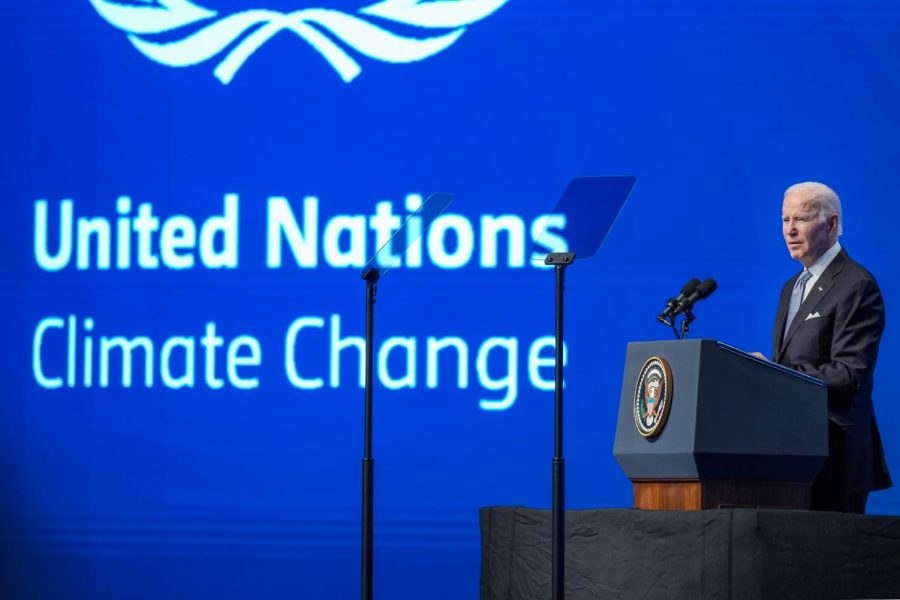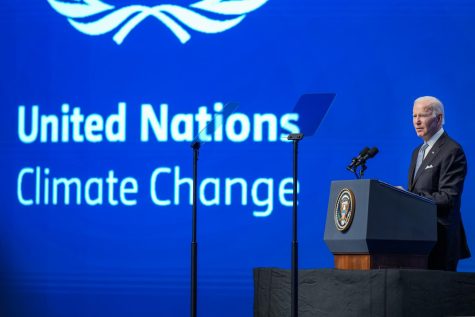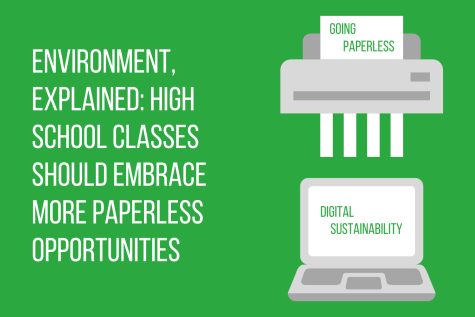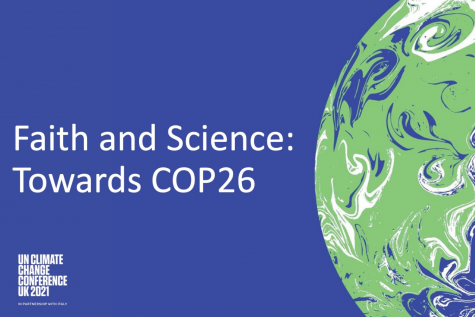Hello environmental enthusiasts! Welcome back to my column, in which I analyze current ecological events. In this entry, I will be evaluating the outcomes of COP27.
The 27th Conference of the Parties to the United Nations Framework Convention on Climate Change – more commonly known as COP27 – took place in Sharm el-Sheikh, Egypt this year, spanning Nov. 6-20.
The overarching purpose of these annual conferences is to bring politicians, government officials and climate activists together to discuss and decide upon a plan of action to meet the environmental goals established under the Paris Agreement.
One monumental environmental achievement of the conference is establishing a loss and damage fund, which is geared towards providing sufficient resources for developing countries disproportionately affected by climate change, according to the United Nations.
With many developing nations at the forefront of the climate crisis, vulnerable communities often bear the brunt of global warming’s harmful effects. For instance, developing nations often experience more natural disasters due to their geographical location and have less monetary resources to address the damage.
The loss and damage fund is the first high political-level acknowledgment that resources need to flow to poorer economies and that the global financial system needs to undergo alterations to combat climate change effectively.
In addition, with economic output per person, climate change has caused a 25% increase in the gap between the world’s richest and poorest countries over the last 60 years, according to a study conducted by Stanford University.
The loss and damage fund is the first high political-level acknowledgment that resources need to flow to poorer economies and that the global financial system needs to undergo alterations to combat climate change effectively.
Hopefully, the loss and damage fund will alleviate disproportionate struggles and cultivate stronger cross-country relationships with the necessity of addressing climate change.
However, the official documentation outlining the loss and damage fund leaves many critical details unaccounted for – namely how the funding will be acquired and distributed – according to the World Economic Forum.
Over time, I have noticed that a lack of transparency and clarity has become a common theme in these conferences due to the involved countries’ inability to follow through on goals.
Over time, I have noticed that a lack of transparency and clarity has become a common theme in these conferences due to the involved countries’ inability to follow through on goals.
Climate activists who attended the conference hoped to see a greater push for environmental initiatives, thereby meeting the primary goal of COP26: limiting global warming by 2030. This date is scientifically proven to be essential for preventing irreversible ecological effects, according to the Intergovernmental Panel on Climate Change.
Moreover, many climate goals identified at last year’s conference in Glasgow, Scotland, such as phasing out coal and fossil fuels, did not materialize in documents from COP27.
Consequently, I am left wondering whether this year’s goals will be met if minimal progress has been made toward achieving last year’s goals. The lack of awareness of the severity of climate change from many of our global leaders – or perhaps their non-existent efforts to take action – worry me for the future of our planet.










